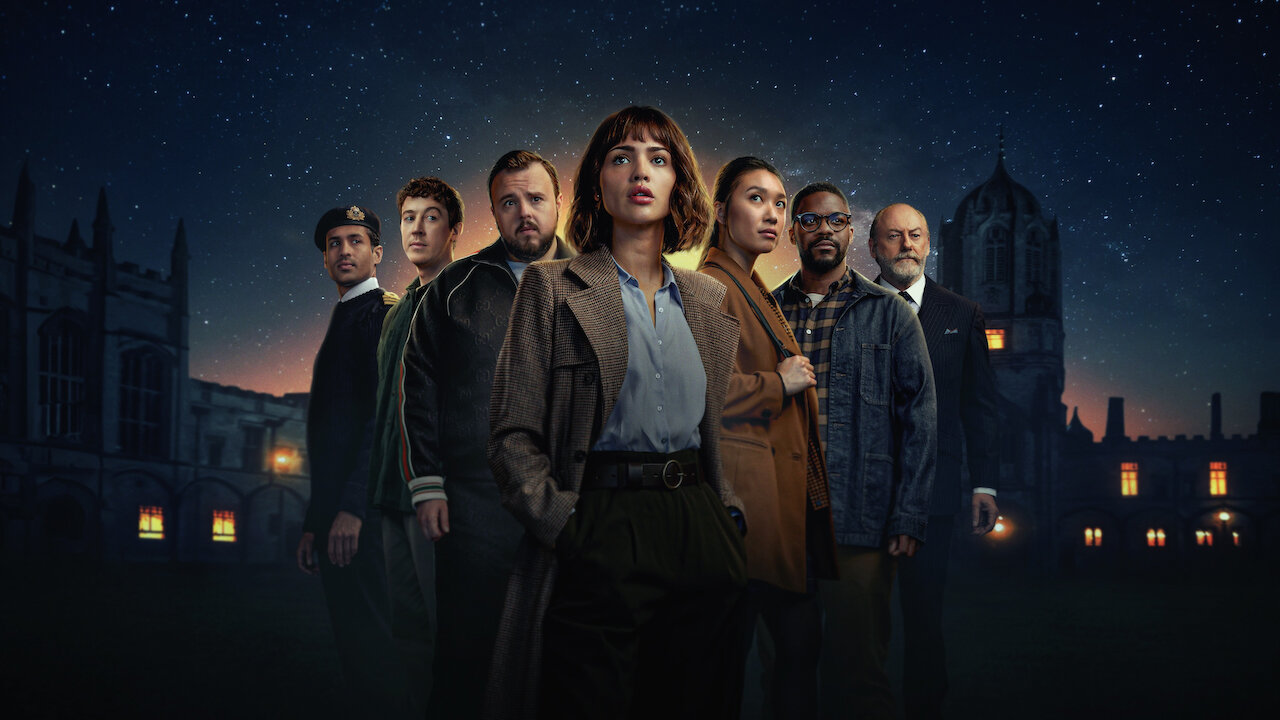- Enoch Oyedibu
- 3 Body Problem, China, Netflix
- 0 Comments
- 1136 Views
3 Body Problem does well to pull humans onward, as much through the relentless, but never overplayed, suffering and hardening of Ye Wenjie as she endures her effective imprisonment in the project grounds…
In a seamless transition from the epic realms of HBO’s Game of Thrones to the futuristic domain of Netflix’s 3 Body Problem, producers David Benioff and D.B. Weiss have once again unveiled a profound understanding of the art of literary adaptation: preserve the essence of the narrative riches.

While later seasons of Thrones diverged notably from George R.R. Martin’s A Song of Ice and Fire saga, primarily due to the author’s tardiness in delivering the final volumes, the initial seasons remained faithful to the novels’ intricate tapestry. Season 1 of Game of Thrones mirrored the essence of A Game of Thrones, with minor variations sprinkled throughout.
The writers of Game of Thrones, under the stewardship of Benioff and Weiss, excelled as fervent admirers of the source material, striving to translate their cherished literary gems onto the screen. Though such an approach may seem obvious in retrospect, it was a daring departure at the time. Martin’s sprawling narrative was deemed nearly impossible to adapt due to its vast scope. Yet, Game of Thrones boldly embraced the challenge, endeavoring to encapsulate as much narrative richness as HBO’s budgets could accommodate.

Now, with 3 Body Problem, Benioff, Weiss, and co-creator Alexander Woo confront the daunting task of adapting another “unadaptable” literary masterpiece. First introduced to readers in China in 2008, Cixin Liu’s The Three-Body Problem sets the stage for a saga delving into the intricacies of humanity’s encounter with extraterrestrial life and the labyrinthine interplay of science and politics that ensues. Aptly classified as “hard sci-fi,” Liu’s trilogy navigates the scientific terrain with meticulous precision, intertwining speculative fiction with empirical inquiry.
Indeed, the prospect of translating such a complex narrative into television format might seem a Herculean endeavor. Yet, it has been undertaken not once but twice, first as the 2023 Chinese series Three-Body and now as Netflix’s 3 Body Problem. While we can’t comment on the former’s approach, the latter’s embrace of “hard sci-fi” proves surprisingly effective. However, the series appears to hesitate in fully embracing its cerebral underpinnings, opting instead for a slower-paced narrative trajectory dominated by human drama over scientific exploration.
The initial episodes of 3 Body Problem tantalize viewers with a gripping portrayal of the Chinese Cultural Revolution, juxtaposed against the contemporary backdrop of London in 2024. As the narrative unfolds, a cadre of Oxford scholars embarks on a quest to decipher the enigma of a world where scientific principles falter and eminent minds perish under mysterious circumstances.

Yet, despite commendable performances and moments of intrigue, the series initially falters in its reluctance to delve deeply into the intricacies of scientific inquiry. It is only in the latter half of the season that 3 Body Problem truly comes into its own, embracing the very elements it once shied away from. The fusion of complex scientific concepts with narrative tension imbues
According to The Guardian, 3 Body Problem does well to pull humans onward, as much through the relentless, but never overplayed, suffering and hardening of Ye Wenjie as she endures her effective imprisonment in the project grounds – and the stealing of her work by others – as by the present day mystery. It looks great, it soon has Jonathan Pryce joining proceedings as Mike Evans, an eco activist turned reclusive oil tycoon billionaire, and the answers to the mystery of who (and what) the extraordinary forces are, what they want and who summoned them are doled out at a fair pace.
But it can’t quite get rid of the cold abstraction that was at the heart of the books and which is revered by its fans. It’s impressive, it is – at its best – intriguing, but the threat is distant metaphorically and literally. There are puzzles to solve, if you are capable, but nothing and no one to root for. Even its design as a metaphor for the climate crisis and human inertia in the face of potential doom doesn’t give it enough heft – in fact, such is the way of these things, it may even serve to alienate us further from emotional engagement. It won’t be Netflix’s answer to Game of Thrones. But Benioff, Weiss, and their collaborator Alexander Woo have undoubtedly proved yet again that there is no such thing as an unfilmable novel.
Read Also: Netflix’s 3 Body Problem Sparks Reactions in China











